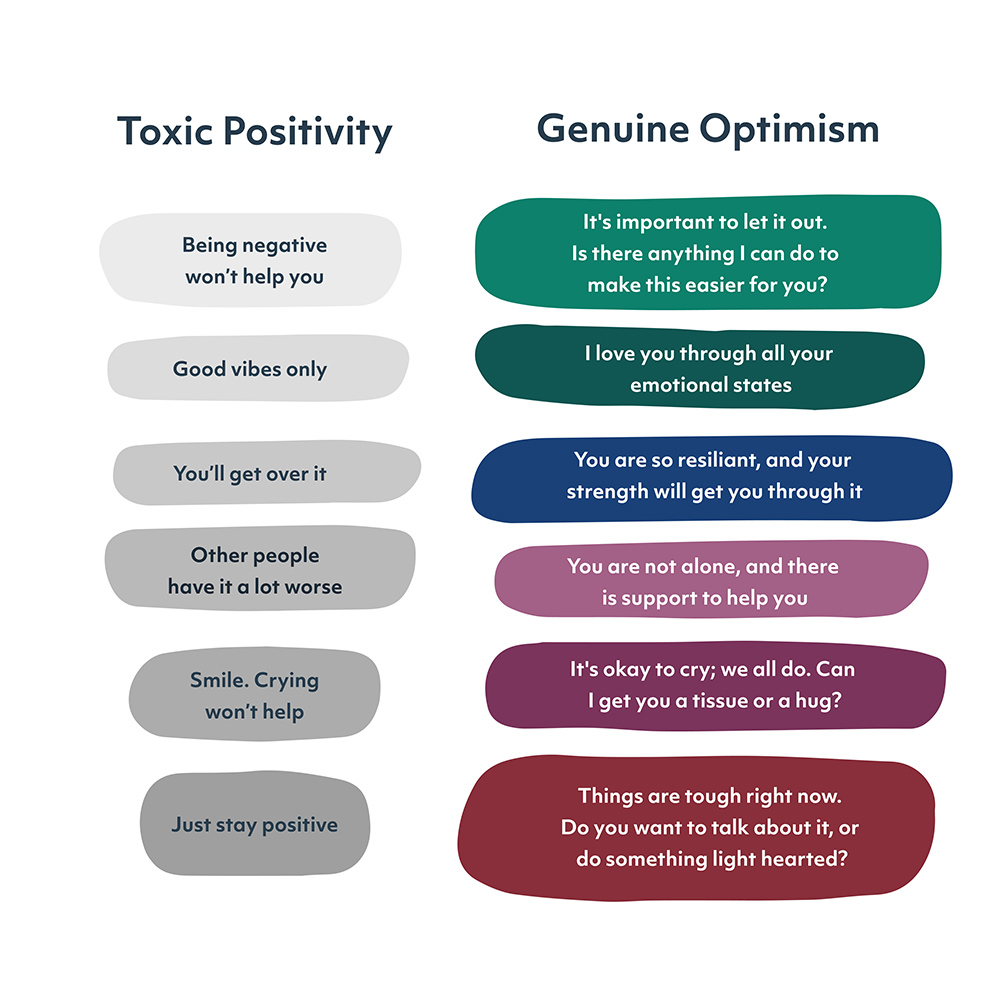The focus is on gratitude at Thanksgiving, but what do you do when you’re just not feeling it? How do you handle the pressure to be grateful at Thanksgiving?
Thanksgiving. Giving thanks. The name of this holiday reminds us that it’s a celebration of gratitude. And to be fair, gratitude is worthy of being celebrated and encouraged! But when you’re facing Thanksgiving from a painful point in your life, the pressure to be grateful can be difficult to navigate.
Why do we talk about gratitude so much, anyway?
Gratitude is good for you. You’ve probably seen the headlines proclaiming, “Gratitude is Good For Your Health” or “Giving Thanks Can Make You Happier.” Or perhaps you’ve sat in a recovery meeting and heard something like, “You can be in fear and in gratitude at the same time.” The fact is, research shows that gratitude is correlated with greater happiness, improved relationships, lowered levels of anxiety, better health … a whole host of benefits. And since cultivating gratitude is free, flexible, and requires no specialized tools or lessons, it has become a go-to suggestion for improving a person’s overall sense of well-being.
So we talk a lot about gratitude for good reasons. It really does have benefits.
When does the pressure to feel grateful become unhelpful?
Sometimes, instead of helpfully reminding others to cultivate gratitude, people can slip over into a kind of toxic positivity. “Toxic positivity” is the pursuit of positive emotions while dismissing, denying, or suppressing emotions considered negative. This often comes from a well-meaning place, but that doesn’t make it a helpful impulse.
Since many people in our culture advocate for focusing on the positive and striving for “good vibes only,” it can be difficult to understand how positivity can possibly be toxic. Here are a few examples:
Example 1:
Sonya has a difficult relationship with her family, and her substance use widened the rift. Even though she’s in recovery now and working to rebuild her relationships, her mother asked her not to attend Thanksgiving dinner this year. Sonya told her friend Manuel about how hurt and lonely she felt, and he said, “When you think about it, being upset about missing one dinner is such a luxury problem. So many people don’t have enough to eat. Instead of pouting, you should be grateful you have a full fridge. You’ll just have pasta at home instead of turkey with your folks!” Sonya feels even worse because Manuel dismissed her feelings, and she also feels guilty for not appreciating her blessings enough.
Example 2:
Deshaun is stressed at work and his boss is urging him to take on yet another project. He feels pressured to stay late every night in order to get it all done, but that means missing out on bonding time with his young son. When Deshaun tells his sister that he’s overwhelmed, she says, “You’re lucky you even have a job, much less one where they rely on you enough to give you more responsibilities. Thank your lucky stars and do everything you can to keep your job!” Deshaun is still stressed and overwhelmed, but now he also feels disrespected by his sister, afraid of losing his job, and resentful that he’s being directed to be grateful.
The pressure to be grateful doesn’t always come from other people. Sometimes the call is coming from inside the house! Pay attention to the ways you talk to yourself to see if you’re shaming yourself for not being grateful enough.
Genuine optimism and healthy positivity allow space for people to express and validate honest emotions—even negative ones. Workit Health recovery coaches sometimes use this graphic to highlight the difference between toxic positivity and genuine optimism:
How to cope with the pressure to feel grateful at Thanksgiving (when times are hard).
Be mindful of your emotions: Identity what you’re actually feeling. This might sound silly—of course you know what you’re feeling! But a lot of us try to stuff our feelings down instead of acknowledging them, or we cover them up with something else. But you have to let yourself feel your feelings before you can move past them. Once you’ve identified your emotions, try to accept and validate them. Let yourself believe that it’s okay that you have these feelings, even if they’re messy or uncomfortable.
Find people and places that let you be honest and vulnerable: If your loved ones have a tendency to jump to offering advice when you really need them to just listen and support you, be sure to communicate what you need from them.
Try some gratitude exercises: Does this suggestion feel counterintuitive in an article about the pressure to feel grateful? Trying to force gratitude at the expense of genuine emotion can be unhelpful and unhealthy, but truly cultivating gratitude isn’t about ignoring difficult situations or suppressing negative feelings. It’s about recognizing and honoring the good things that exist alongside those tough things. Here are a few exercises you could try:
- Rose, Bud, Thorn – What has been the highlight of your day so far? That win or joy is the rose. What are you looking forward to in the future? That’s the bud, which can bloom into a future rose. What’s something that’s causing you problems or blocking you? That’s the thorn, which you may need help or encouragement to handle.
- Acts of kindness – When it’s difficult to believe that there is good in your world, it can be helpful to be a bit of good in your world. Do something kind with no expectation of reward. Creating acts of kindness can open you up to recognizing other positive things around you.
- Alphabet of gratitude – For each letter of the alphabet, list one thing you’re grateful for. Don’t stress or overthink it … it’s fine if they’re silly or unusual as long as they’re things you really appreciate.
We’re all human, and gratitude and positivity come easier at some times than others. It’s okay to admit when you’re struggling. Cultivating gratitude doesn’t mean forcing yourself to ignore the challenges in your life. If you can find ways to be grateful for the good that exists side by side with those challenges, it will help you reach those benefits I listed at the beginning of this post.





